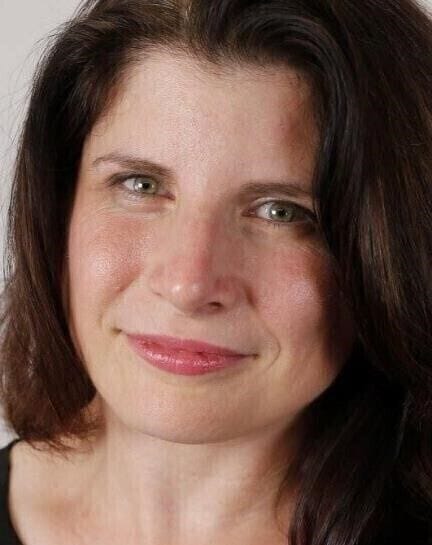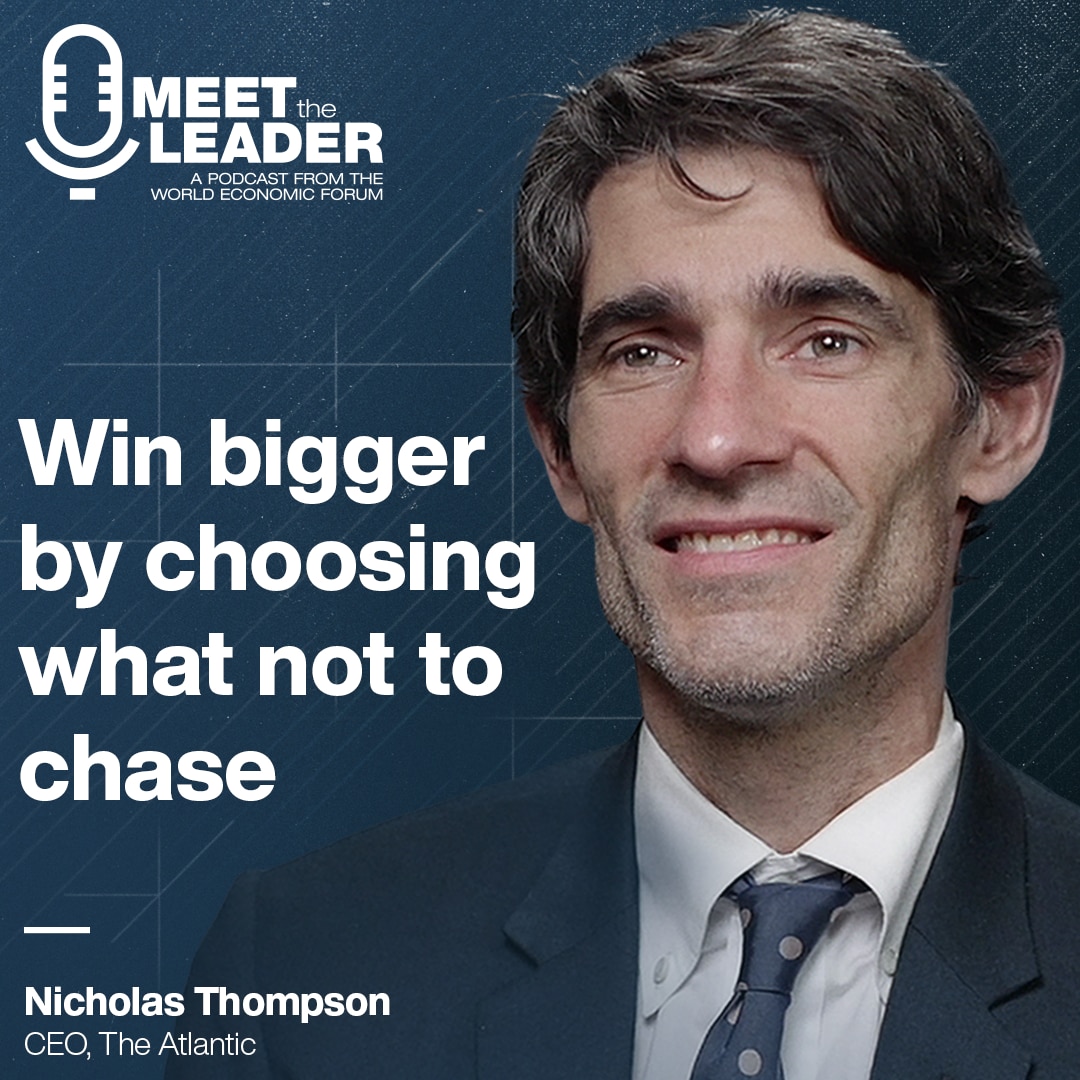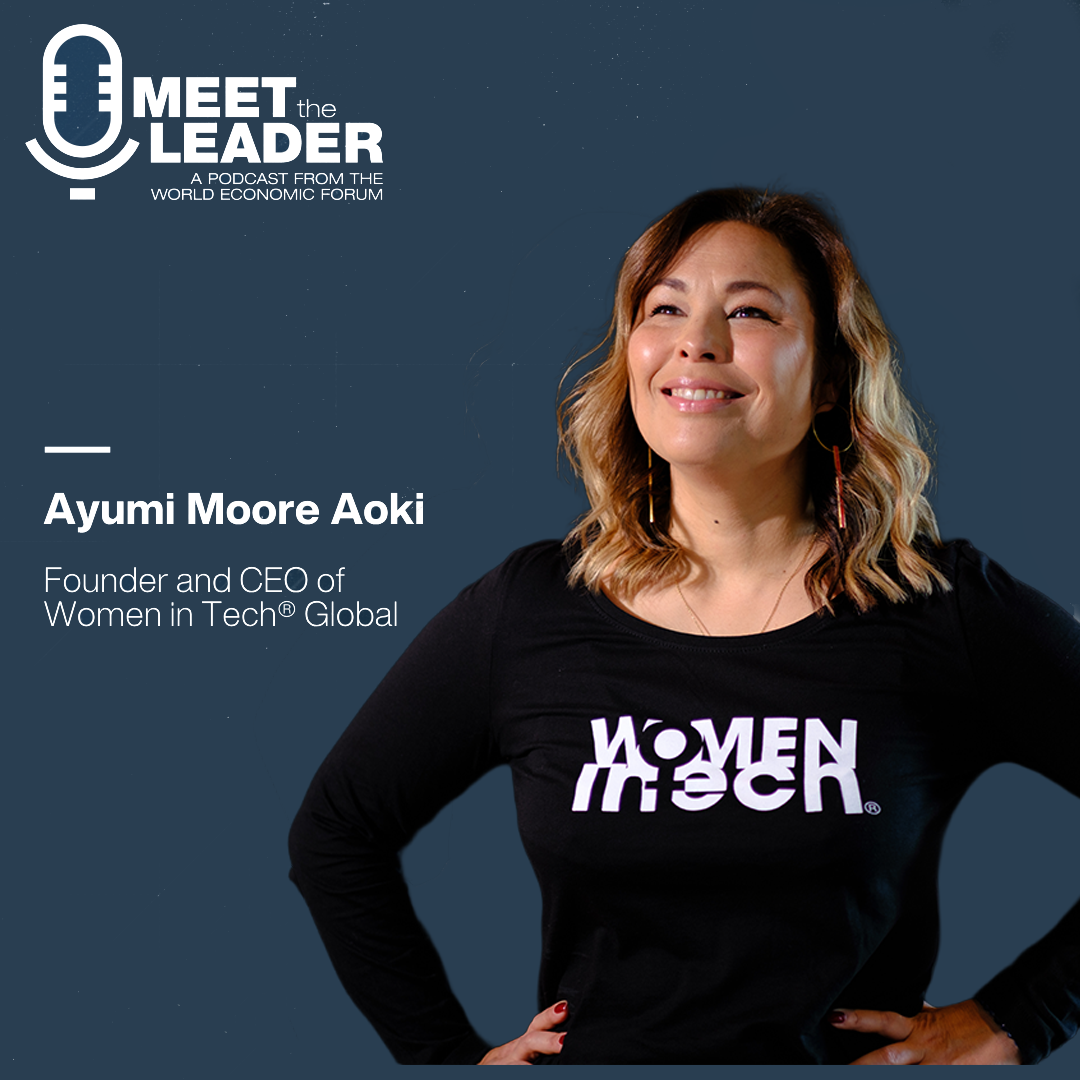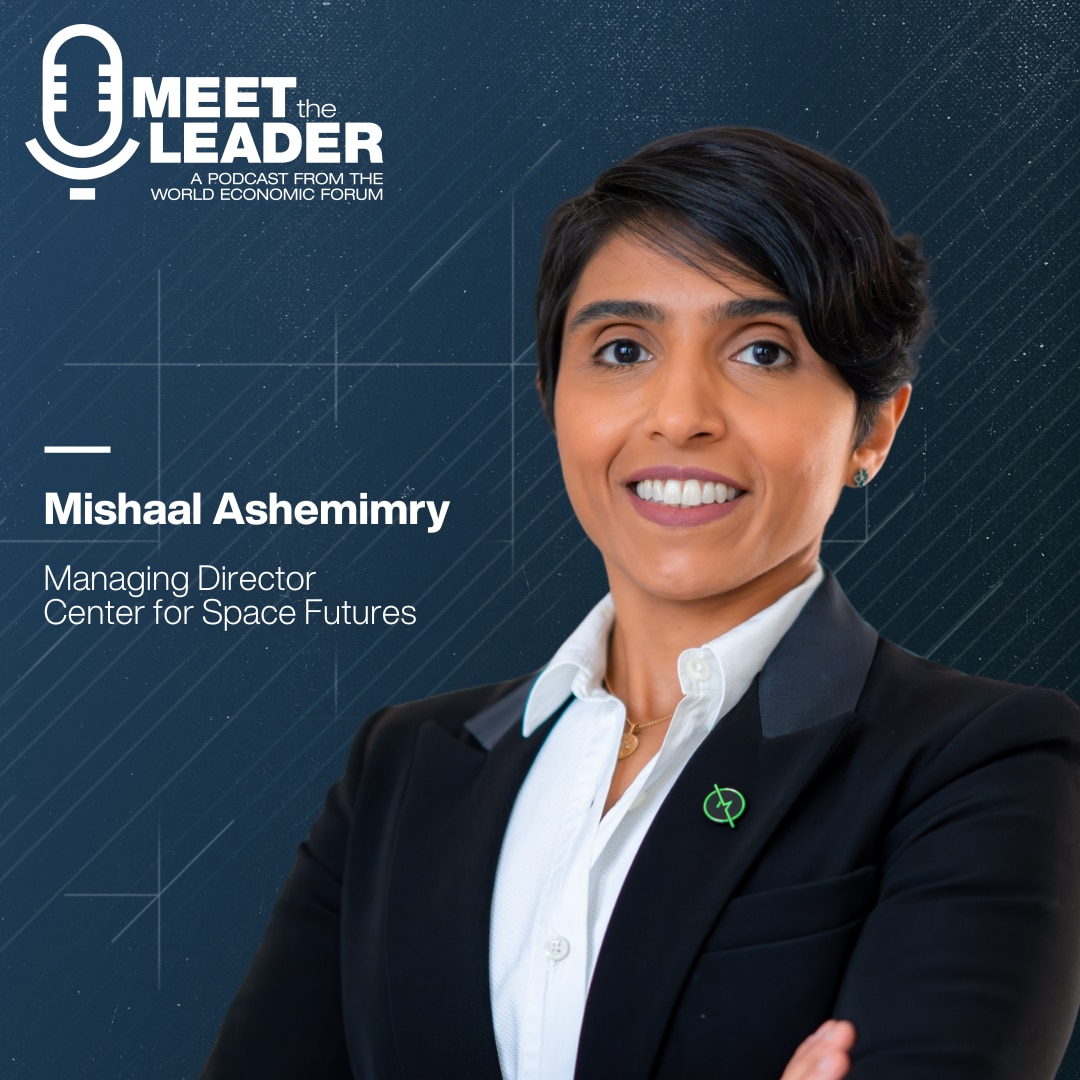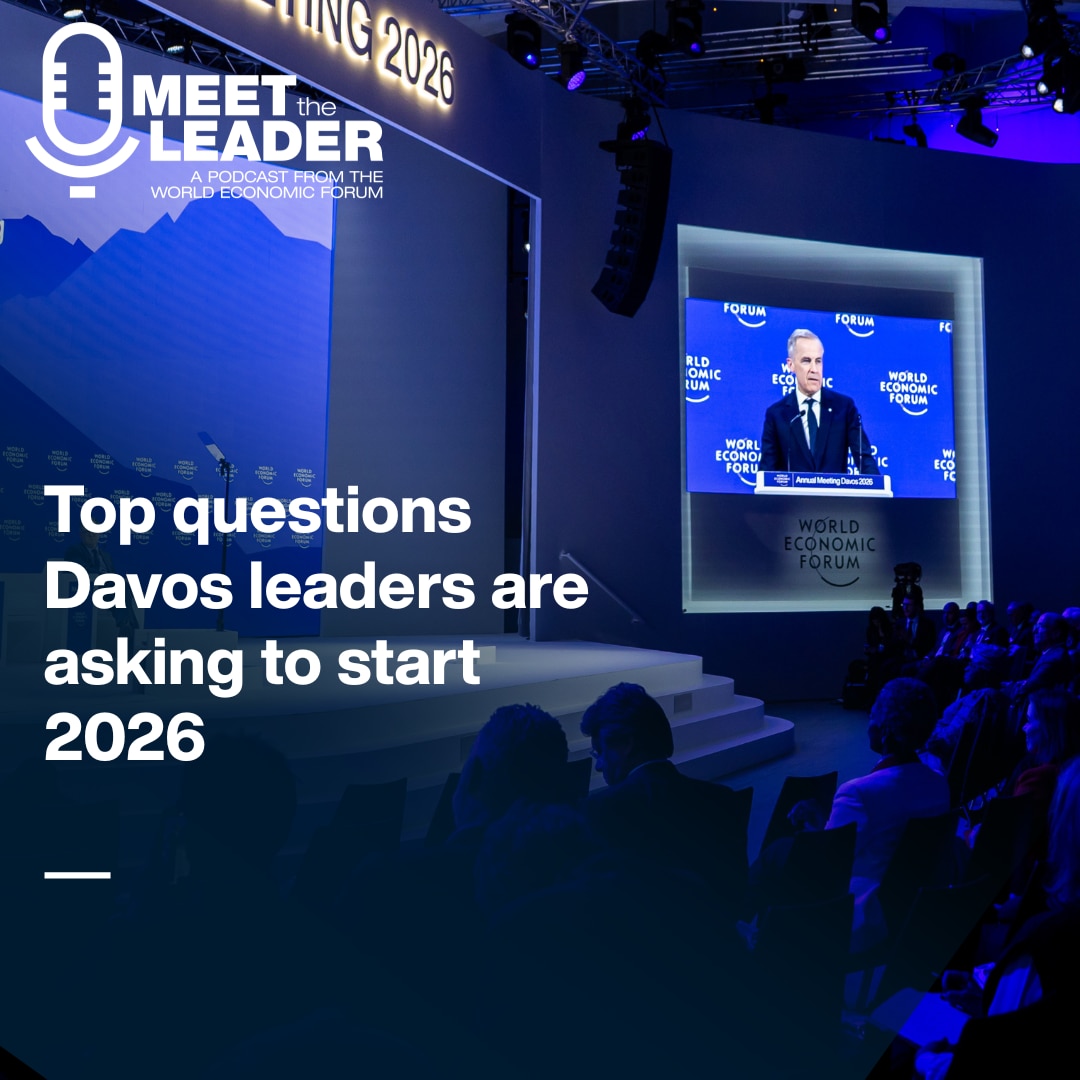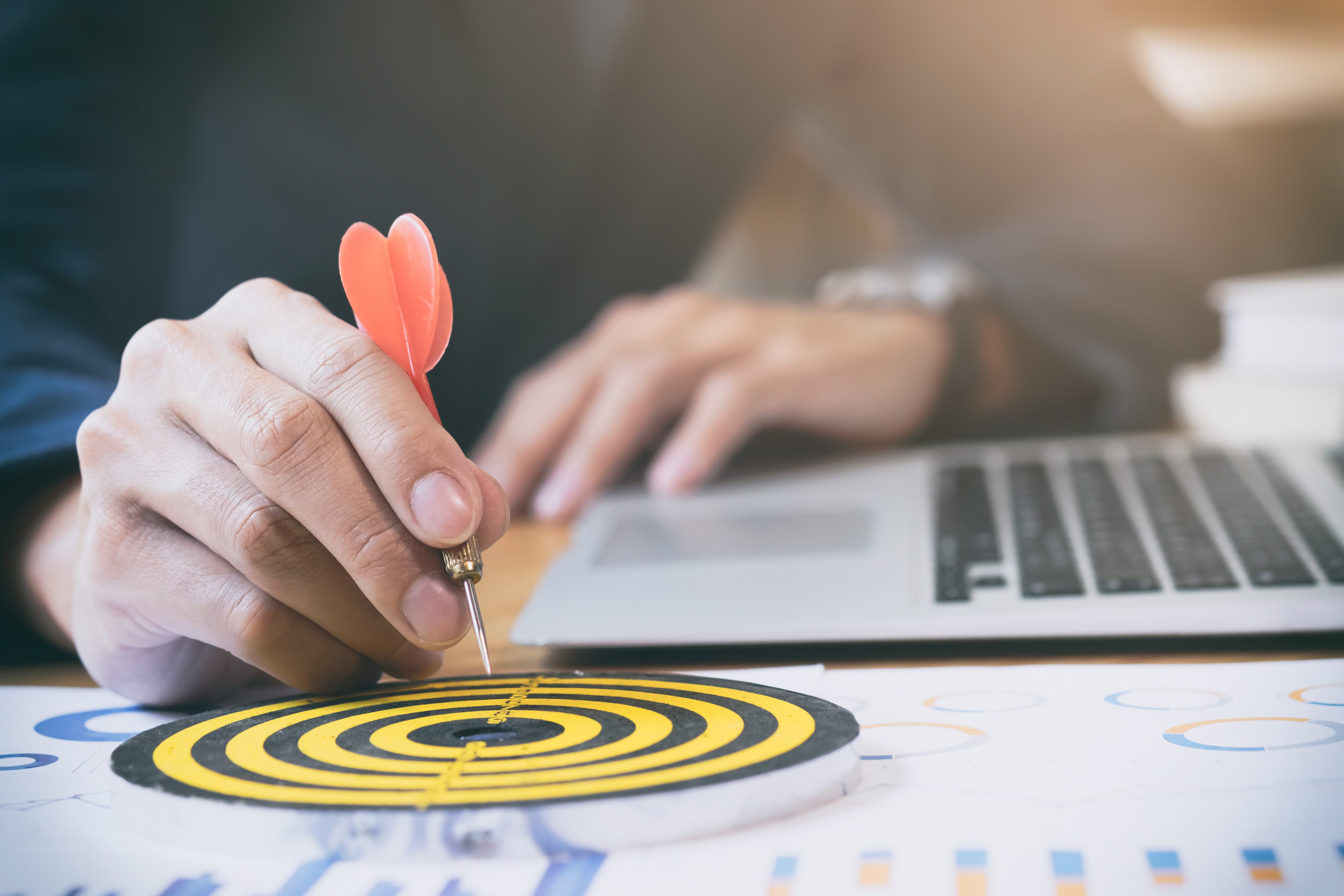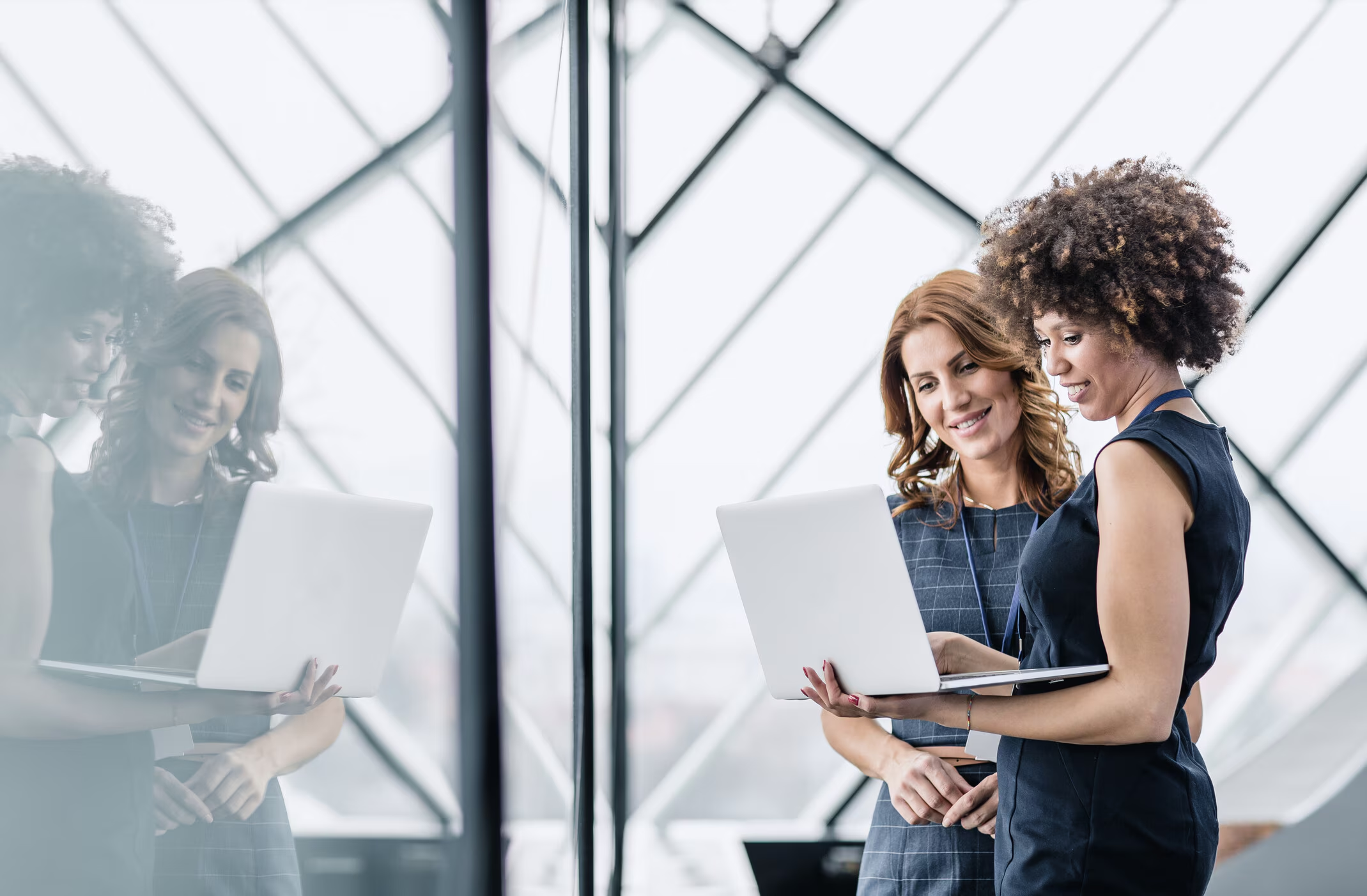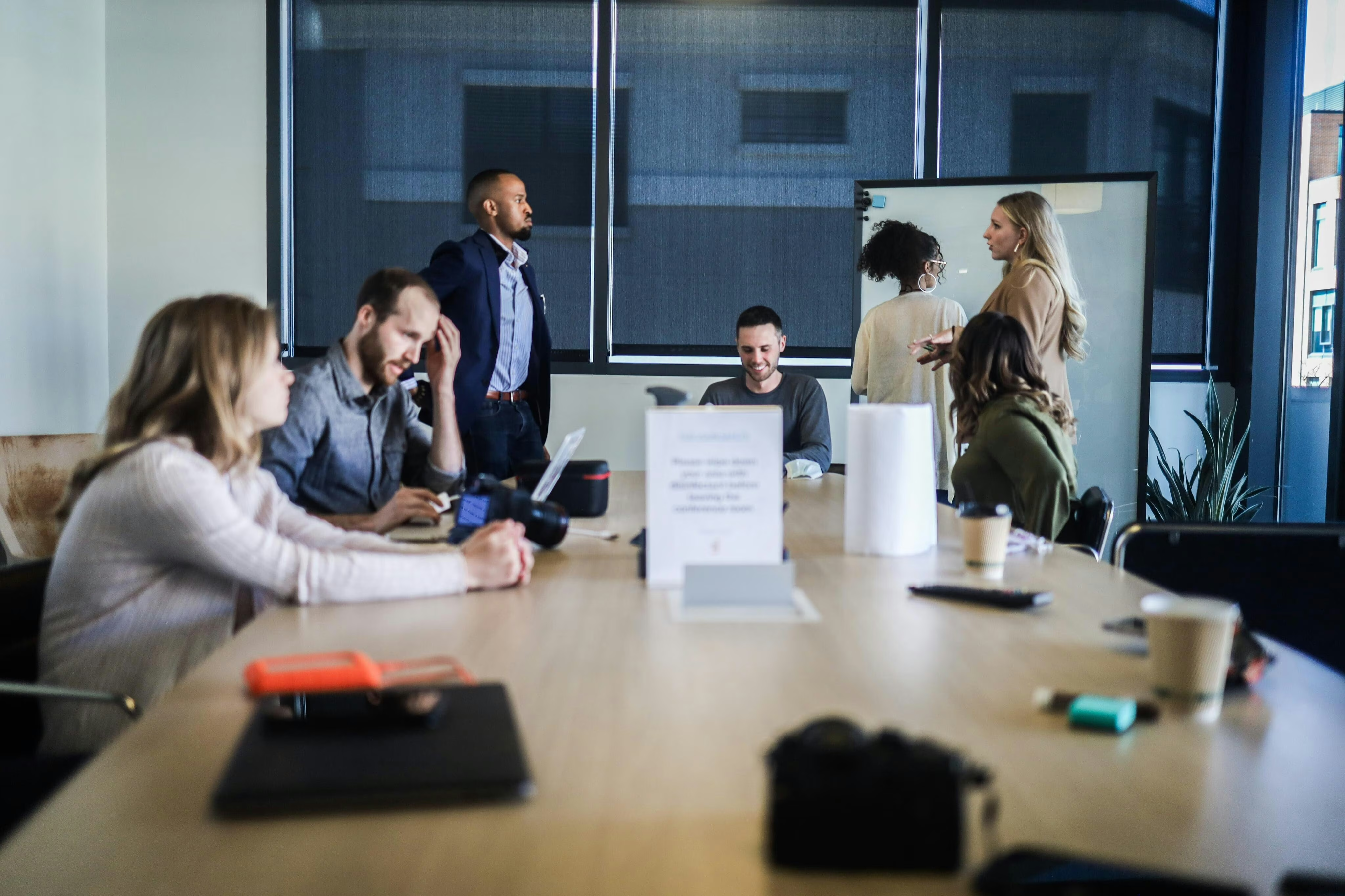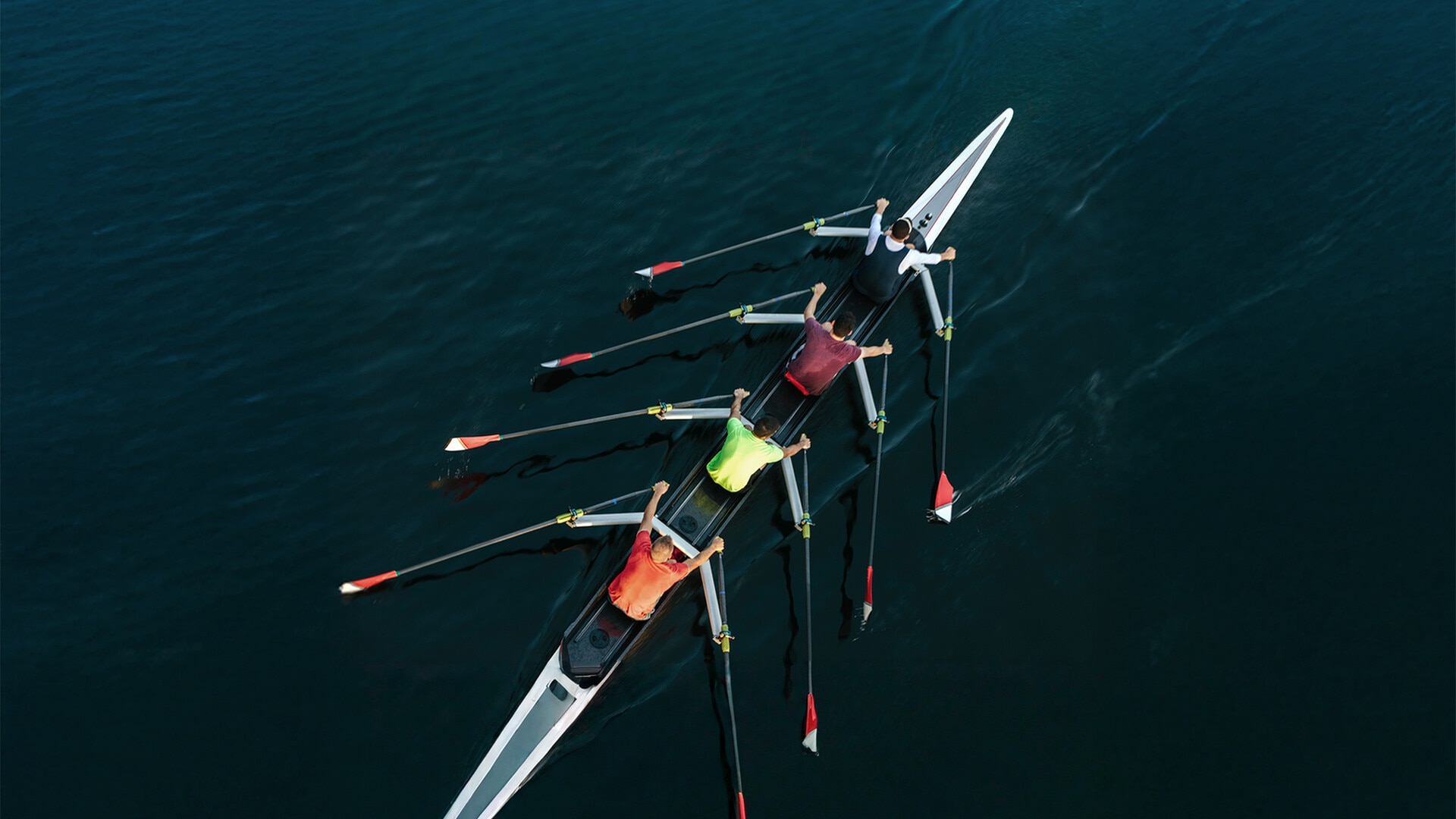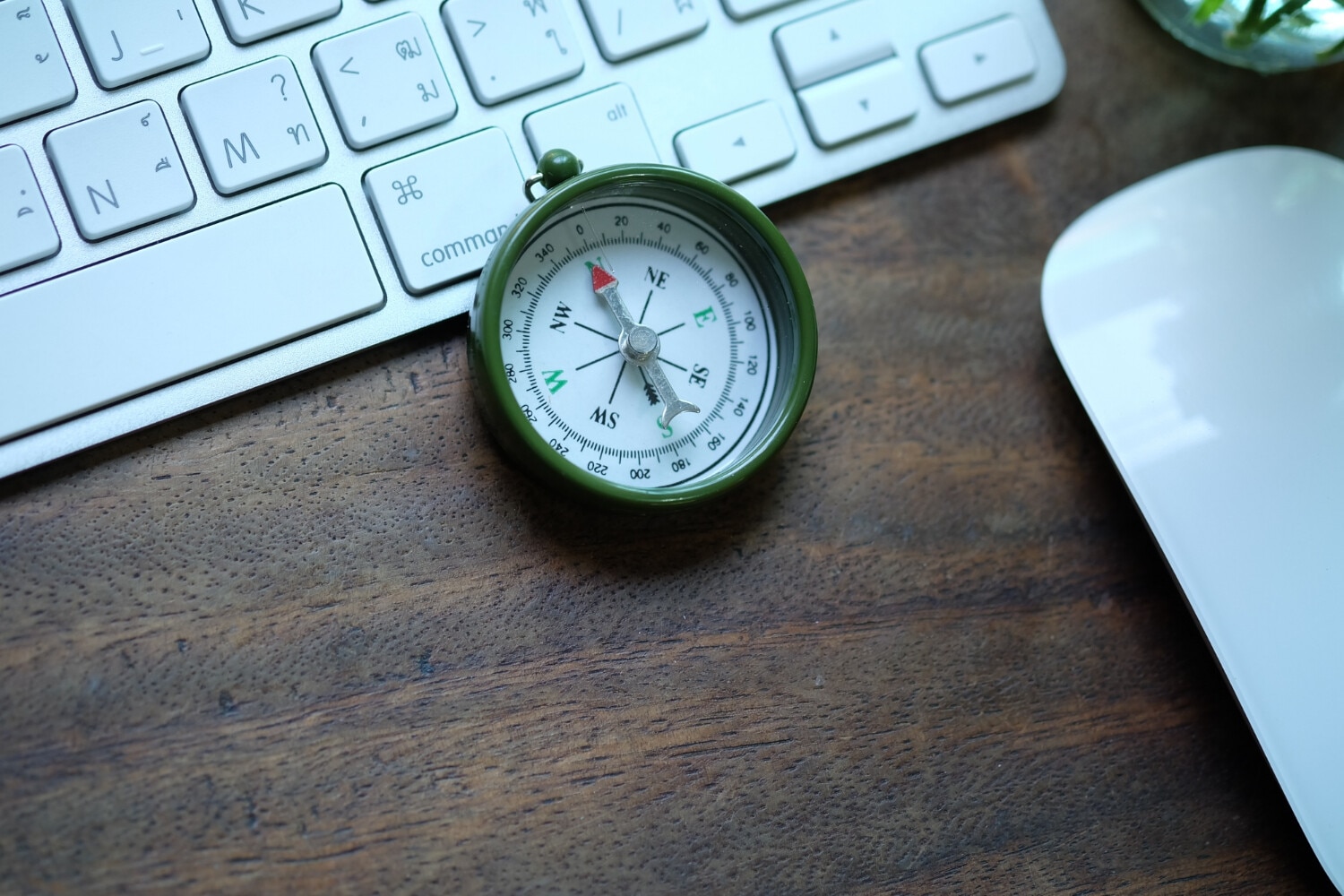What an astronaut can teach leaders about collaboration and aiming high
Transcripción del podcast
Matthias Maurer, ESA Our planet is so small, but it's the only, only place that we have where we can live.
Linda Lacina, Meet The Leader Welcome to Meet the Leader, a podcast where top leaders share how they are tackling the world's toughest challenges.
Today, we talk to Matthias Maurer, an astronaut with the European Space Agency, who recently spent 177 days in space. He'll share how space is changing and what that experience taught him about life on Earth. Subscribe to Meet the Leader on Apple, Spotify and wherever you get your favourite podcasts. And don't forget to rate and review us. I'm Linda Lacina from the World Economic Forum and this is Meet the Leader.
Matthias Maurer, ESA We know that without satellites, we wouldn't know anything about climate change.
Linda Lacina, Meet The Leader Astronauts travelling to space these days have the same awe-inspiring experience they always have. But things have changed in the decades since we started sending people up to live on the International Space Station.
¿Has leído?
The International Space Station has just marked a significant anniversary. Here's what life inside is like
4 key ways leaders can inspire and connect, according to Europe's space chief
How does Earth look from space? 'Like one big spaceship' - astronaut Matthias Maurer on Radio Davos
Can space tech save the planet? Astronaut Matthias Maurer joins Al Gore and other experts from space
There's the danger of space debris. There's the growth of the space economy and space tourism. And there's the need to conduct research that's never been more important. As work up there helps us live more effectively down here on Earth.
Matthias Maurer recently spent 177 days in space living and working on that International Space Station, and he helped to conduct more than 35 experiments benefiting biology and robotics and more. And he'll tell us what he saw and experienced and what's needed to embrace all the potential space has to offer while protecting it.
He'll also share what his degrees in engineering and economics have taught him about problem solving and what his astronauts training can teach any of us about collaboration -- and tackling climate action.
We'll get into all of that. But first, he'll tell us more about his experience on the International Space Station and how it changed him.
Matthias Maurer, ESA I flew to the International Space Station in its 21st year of existence. And so you think like everything is routine, but definitely space is changing. It's changing very fast.
When I flew up there, I was the very first German, not in space, but the very first riding on a second hand rocket. So it's the sustainability also is taking place in the space industry. We recycle the rockets. We make sure that we don't leave as much trash or space debris up there because space is also a limited resource. It sounds a little bit bizarre because space is huge, but the space around our planet Earth or the useful space where we can actually place satellites and observe the planet that is limited. And when I was up there, there was a country, Russia, that shut down a satellite and that created lots of space debris. So it was a serious risk also for us on the International Space Station. And that's, again, a time when it was really visible for everyone. "Okay, we need to keep space clean." We need to enable more routes. And we shouldn't do such stupid things like shutting down a satellite.
Space is a limited resource.
”Linda Lacina, Meet The Leader: To help people understand when there is space debris that you guys can't get out of the path for. What is that like when you're on the space station?
Matthias Maurer, ESA: It was on short notice and we couldn't deviate, so we had to go into shelter. We had to basically go into a bunker with bunkers. We went into our space capsule and we're just hoping that the space debris doesn't hit us.
Afterwards, when we had a better understanding where the space debris was heading, we actually moved the International Space Station out of the way and we had to do this, I would say, like every two weeks after this incident.
Linda Lacina, Meet The Leader: Thinking about innovations and the different changes that are needed, What's exciting? Are there certain projects or initiatives that you're thinking, gosh, you know, if this is amazing, people should be talking about this more.
Matthias Maurer, ESA: Yes, space is changing at the moment. So we're seeing now tourists flying to the International Space Station, and that's the visible part of commercial spaceflight. We will have more and more launches to space, more satellites in space. We will see private funded space platforms like new space stations coming up, too. So space will get crowded. We need to establish rules, but we also should embrace the potential that we have for new economical benefit, new processes, more research, new business fields, and talking again about sustainability.
We know that without satellites we wouldn't know anything about climate change. But also doing space research on the International Space Station can contribute a lot. For example, I had a key experiment which was mixing concrete in space, wondering why in concrete, in space, we're not going to use concrete for space stations. But worldwide we produce more CO2 due to concrete for the buildings all around us than the entire aerospace industry. All the planes that fly around our planet to us create not even the heights of the concrete creates on CO2. So just by doing research in space and improving an old material we can also produce significant benefit to stop climate change.
Linda Lacina, Meet The Leader: This idea that space is limited is probably a gobstopper for a lot of people. What would be needed to make that more readily known or more understandable?
Matthias Maurer, ESA: Well, I work for the European Space Agency, and the European Space Agency is heavily engaged into establishing rules how to fly safely in space. We all know, like when you climb into a plane, there are rules. If two planes fly on a collision course. There are rules. What needs to be done? We don't have these rules currently for satellites, so these rules need to be established also to keep space clean. Not to dump your trash like your old rocket stage is up to different satellites, needs to be removed. But also there need to be more control on how to interact with other space planes.
Linda Lacina, Meet The Leader: There's a variety of challenges that the world is facing right now. Our Global Risk report recently talked about the geopolitical conflicts, energy crisis, the climate crisis. In the face of all of these challenges, in your mind, what can leaders be doing to better prioritise?
Matthias Maurer, ESA: Well, I mean, all these crises are really, really important to solve and I don't think there's a general solution. One fits all. But I'm a space expert, so I'd like to come back what space can bring into all these solutions. So space provides information, and without information, no decision making can take place. Space provides a lot of data like the climate data. But this data we need to combine into a more complete models like an Earth twin is something that we want to establish. We can start with the more important part, not only for climate change, but also for energy supply. We're facing an energy crisis in Europe, especially at the moment due to the war [Ukraine conflict], and I think our data, which comes from space, can contribute a lot to establish more energy security.
Linda Lacina, Meet The Leader: Are you talking about making a digital twin of the Earth. What's needed to make something like that possible?
Matthias Maurer, ESA Well, we need to bring the decision makers together. We need to bring the scientists together because it's quite often that we have two sides on one side, the experts, but they don't really have the oversight or not the direct contact to the decision makers. And that that's also one of the reasons why I'm here in Davos, trying to connect to decision makers, trying also to lobby for what we can do to help them solve their problems. Our problems, I should say.
Linda Lacina, Meet The Leader: As as an astronaut, you have maybe a different skill set, a different set of experiences than maybe most of the CEOs. I would say I think that's fair to say. What is your strategy to sort of help promote this collaboration and cooperation?
Matthias Maurer, ESA: Well, as an astronaut, my leadership training focussed very much on international cooperation and collaboration. By doing things together, we are way more efficient. We can solve problems that nobody can solve on its own. And looking at planet Earth, and especially from the vantage point of space, our planet is so small, but it's the only, only place that we have where we can live. So we need to take care of it. And that only works if we all work together.
Linda Lacina, Meet The Leader: If there wasn't that framework of collaboration in place for the International Space Station, if you didn't have people from lots of different countries working together, what would be different with space research? What would be different with, you know, information we have from satellites? What would we have lost out on? So we understand the value of teamwork.
Matthias Maurer, ESA: I mean, it's like if everybody runs his own satellite and doesn't share the data, then you only have a fraction of the data available. And we all understand the more data points you have and the more diverse the data points are, the more compact and global is your picture.
Linda Lacina, Meet The Leader: Is there an experience from your 177 days on the space station that you think would surprise people?
Matthias Maurer, ESA: Every day is a surprise in space that we run experiments that you don't think actually take place in space. It's surprising. The concrete mixing is one of these examples, but we are now entering an era where we also go into more sophisticated life sciences experiments.
For example, we can create organoids in space, let them grow, and they grow in a three dimensional structure, as in the human body. So imagine here on Earth there are so many people who need a spare organ, like because your kidneys don't work anymore, your liver doesn't work anymore, or other organs are damaged, but there are not enough donors. And even if you get a donor organ, you need to take pills until the end of your life to suppress your immune system. But imagine there would be a place somewhere in the universe where you can grow an organ that derives from your stem cells. So that is perfectly fitting for you. And you can just produce it. And then you have the perfect spare pipe replacement, almost like in the car. And that is currently where we are working on in space. That will be the future and I find it very, very fascinating. We brought, for example, stem cells up there had heart muscles grow and even got this heart muscle beating.
Linda Lacina, Meet The Leader: You have an engineering background, but you also I completed an economics master's degree that was for engineers. Can you tell us sort of why that appealed to you? I took that. And also, how has it sort of helped you in your current role?
Matthias Maurer, ESA So usually an engineer, especially in Germany, you're focussed on R&D, but then the managers come there like, Oh, it is engineers always come up with the best solution, but it's usually not an economically viable solution then. So I understood as an engineer, if you want to develop something new, you should always have the view for both the economic facts and also the science fact, the impact and the innovation impact. And that's why I studied both. And it's really, really helpful for me. And while it's like I have several patents and so like all this help me really to see like with potential.
Linda Lacina, Meet The Leader: And on the patent side, so you have more than ten patents, right? Well, what are some of these some of these inventions?
Matthias Maurer, ESA: First of all, my first use of patents goes on metallic foam. So it's a new type of material. It's an aluminium foam that is so light it would swim or float in water, but it didn't have the appropriate surface qualities. And so I invented the process to give it a hard surface. And internally it's very, very light and stiff. It's almost like the human bone, you know, that the hipbone, it's very stable, very lightweight. So a perfect example of how we derived an engineering piece like being inspired by nature gives one.
The other pattern series goes more to flat filters that are focusing on providing the best filter for people who have kidney problems or liver problems, auto immune system diseases. So with these filters, I was part of a team who developed is I think we are top notch worldwide.
Linda Lacina, Meet The Leader: Is there a habit that through all these things that you eat, that you do and you work on and it's helped you navigate either your 177 days in space or even meetings like this one where you're trying to talk to a range of sort of all kinds of different public figures and leaders. You know, is there a habit you depend on the most?
Matthias Maurer, ESA: Well, it's like, I love what I'm doing and so I'm open minded and I love talking to people and then just getting inspired by people. And I think that helped me most like, yeah, just, just connecting to people because flying to space or solving the problems of our planet, it's always a team effort.
Linda Lacina, Meet The Leader: What is a way, a concrete way in your mind that people. Can promote cooperation within their organisations and even between organisations.
Matthias Maurer, ESA: People need to be open minded for human behaviour and performance, like lessons learned. So I received such training as part of my astronaut training. But a lot of people in industry don't take in these lessons. They are out there on the market and there's a lot of potential, can achieve a lot of improvements for your own company by opening up and trying to become better. I like to be open minded that everybody can improve, even if the CEOs think like they are top notch and have nothing to learn. And I think everybody can do them on a daily basis.
Linda Lacina, Meet The Leader That was Matthias Maurer. Thanks so much to him and thanks so much to you for listening.
A transcript of this episode and my colleagues episodes of Radio Davos are available at Wef.cf/podcasts.
This episode of Meet the Leader was presented and produced by me with Jere Johannson as editor and Gareth Nolan driving studio production. That's it for now. I'm Linda lacina with the World Economic Forum. Have a great day.
Matthias Maurer returned from his first space mission in May 2022 after 177 days living and working on the International Space Station (ISS). There he helped to conduct more than 35 experiments benefiting biology and robotics and more - an experience that drove home the need to protect space and maximize its potential. He spoke with Meet The Leader at the Annual Meeting in Davos about his experience, sharing what’s needed for collaboration to balance a growing space economy and the need for stronger space governance. He also shared what his degrees in engineering and economics have tight him about problem solving - and what his astronaut’s training can teach any of us about collaboration - and tackling climate action.
Alojado por:
Temas:
LiderazgoMás episodios:
La Agenda Semanal
Una actualización semanal de los temas más importantes de la agenda global
Más sobre LiderazgoVer todo
Jessica Apotheker
11 de febrero de 2026
